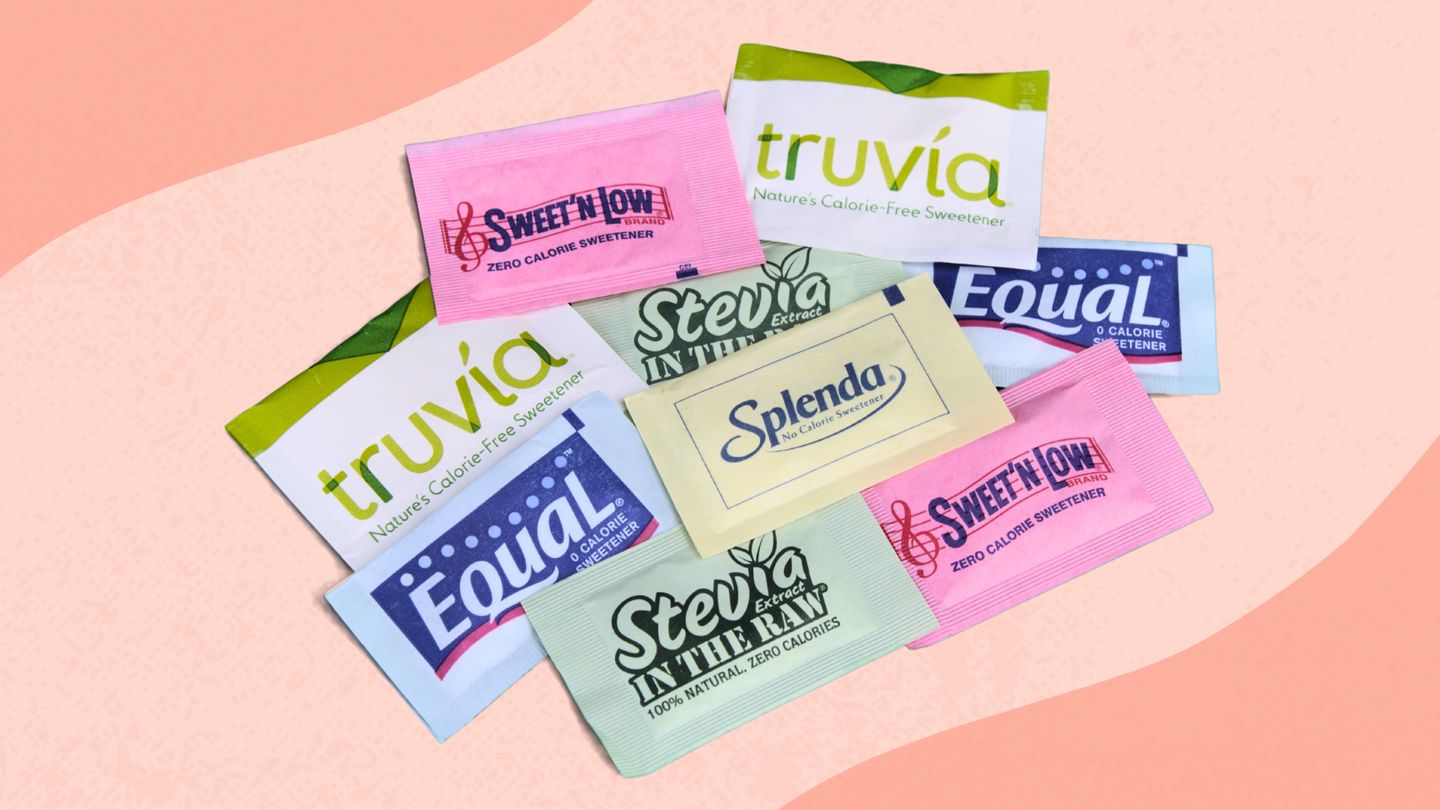
While six artificial sweeteners have been deemed safe as food additives and sugar alcohols and three different plant-based sweeteners have been granted generally recognized as safe (GRAS) status by the FDA, concerns about the use of artificial sweeteners persist.
For a period, saccharin was on the U.S. Department of Health and Human Services list of cancer-causing chemicals, according to the Center for Science in the Public Interest (CSPI), and any product that contained it was required to carry a warning label. But that designation was based on studies with rats that was later found not to apply to humans, and saccharin was eventually removed from the list. The idea that artificial sweeteners cause cancer persist, however, even though the National Cancer Institute states that there is no clear evidence that any of the artificial sweeteners approved by the FDA cause cancer or pose other serious health risks in humans.
Artificial sweeteners pose other health concerns, though. The WHO based its recommendation on a systematic review that concluded that long-term use of artificial sweeteners may increase the risk of chronic diseases such as type 2 diabetes and cardiovascular diseases in adults. And a study published in Nature Medicine in February 2023 found an association between blood levels of a sugar alcohol called erythritol and several other artificial sweeteners and increased risk of heart attack and stroke.
Of course, the research that has been done is not conclusive, and experts don’t all agree with the WHO recommendation. “The controversy comes from large epidemiological studies that have shown a positive correlation between artificially sweetened beverages and an increased risk of obesity, diabetes, heart disease, and even mortality,” says Dr. Hu. “This kind of evidence isn’t consistent with the evidence from clinical trials.” (Epidemiological studies look at patterns of disease in populations, while clinical trials are research studies performed in people.)
In one epidemiological study published in the Annals of Nutrition and Metabolism, women who reported consuming artificial sweeteners “always or almost always” had an increased risk of developing type 2 diabetes compared with “never or rare” consumers. Researchers concluded that the consumption of artificial sweeteners often and over a longer period was associated with a higher risk of diabetes.
But these types of studies may not offer an accurate picture. “There’s something called reverse causation, which means that people who are already obese and on track to develop diabetes are more likely to switch from regular to diet soda, or to follow conservative diets,” Hu says. “So it’s not really the diet soda that causes the increased risk. The risk is already there.”
There’s also concern that artificial sweeteners may alter your gut bacteria. These bacteria perform important processes in your body, such as appetite regulation, metabolism, and blood sugar control, Poulson says. According to the Canadian Society of Intestinal Research, artificial sweeteners may change gut bacteria in ways that promote glucose intolerance (an umbrella term for conditions that result from chronically elevated blood sugar levels, such as prediabetes and diabetes). In fact, a study published in Cell in August 2022 revealed that healthy adult participants who took saccharin and sucralose in doses lower than the acceptable daily intake (the maximum amount of a food additive that can be safely consumed every day without any adverse effects) for two weeks experienced significantly different glycemic responses (the effect that food has on blood sugar levels). More research is needed to determine if and how artificial sweeteners may increase the risk of glucose intolerance.
